For many pet parents, the thought of feeding a homemade diet feels like an act of love. Fresh ingredients, no preservatives, full control over what goes into the bowl — on the surface, it sounds like the healthiest choice you could make. Some owners even see it as a way to avoid additives or cater to reduce pet skin allergies and food sensitivities.
However, the truth is that feeding pets a homemade diet is far more complicated than it seems, and it can pose serious risks if done without expert guidance.
The biggest challenge is achieving a proper balance. Pets need precise levels of proteins, fats, vitamins, and minerals — not just “healthy food” in general. While cooking at home gives you the flexibility to tailor ingredients, getting the proportions right is tricky. Without the expertise of a boarded veterinary nutritionist, it’s surprisingly easy to miss something important. For example, a lack of calcium can cause skeletal issues, while excessive fat may contribute to obesity and related health problems. Over time, these imbalances can lead to serious conditions, from malnutrition to organ damage.
Food safety is another concern. Many homemade diets use raw or lightly cooked ingredients, but these may contain harmful bacteria, such as Salmonella or E. coli. Not only can your pet get sick, but handling and preparing contaminated food also puts you and your family at risk.
Additionally, every pet is different. Age, breed, health conditions, and even activity level all play a role in a pet’s recommended diet. What might seem like a wholesome, one-size-fits-all recipe may fall short of your individual pet’s needs. That’s why it’s so important to have veterinary oversight when designing meals and overall health.
Even the logistics can be tougher than most people expect. Preparing balanced homemade meals takes time, effort, and often more money than anticipated. Premium ingredients, supplements, and the need for professional consultations can add up quickly. Skipping these steps for the sake of convenience may compromise your pet’s well-being.
Finally, unlike commercial pet foods, homemade diets are not regulated and are without quality control. Commercial diets are carefully tested to make sure they’re safe and nutritionally complete. A homemade plan doesn’t come with those guarantees.
So, while the idea of feeding a homemade diet is well-intentioned, it’s not without its risks. If you truly want to go this route, the safest way is with the help of a veterinary nutritionist or your veterinarian. A great first step is to have the overall health of your pet assessed during an annual wellness exam. The knowledgeable veterinarians at Page Point Animal Hospital offer fear-free veterinary visits centered on compassionate pet care. Consulting with our team will help you make the best nutritional decisions for your pet and to know that your pet is not only eating food made with love but also food that supports their long-term health.
Want more from the Page Point team?
Follow us on social for a behind-the-scenes look at life at our hospital and pet resort — plus pet care tips, educational posts, and plenty of adorable moments!”.


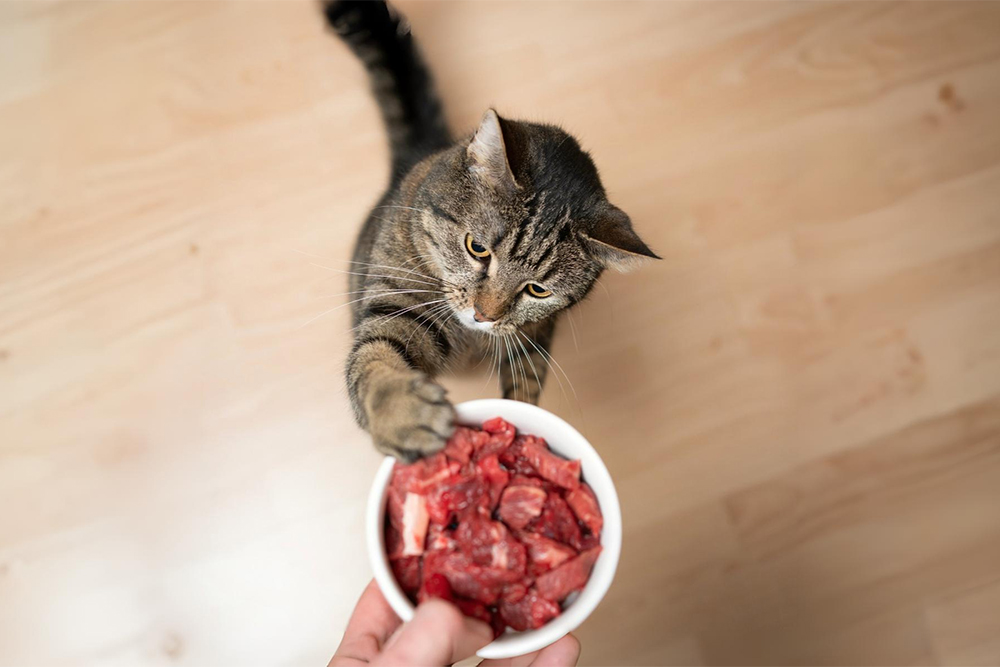
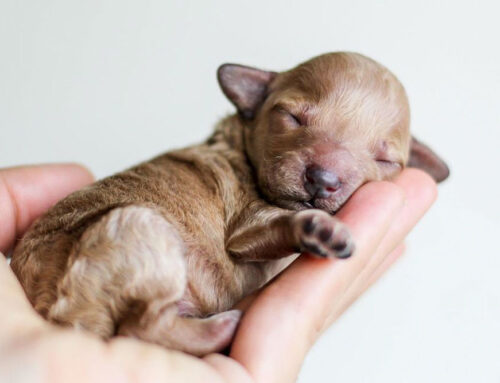
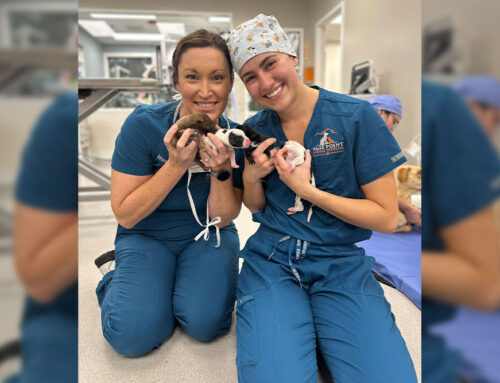
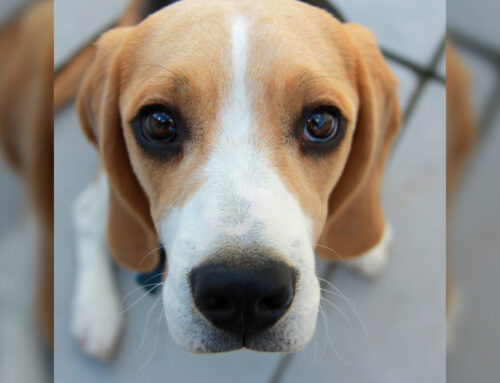
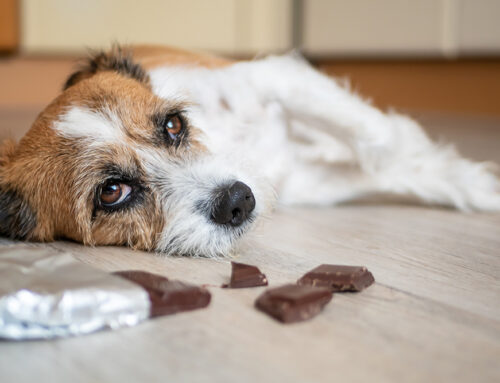

Leave A Comment